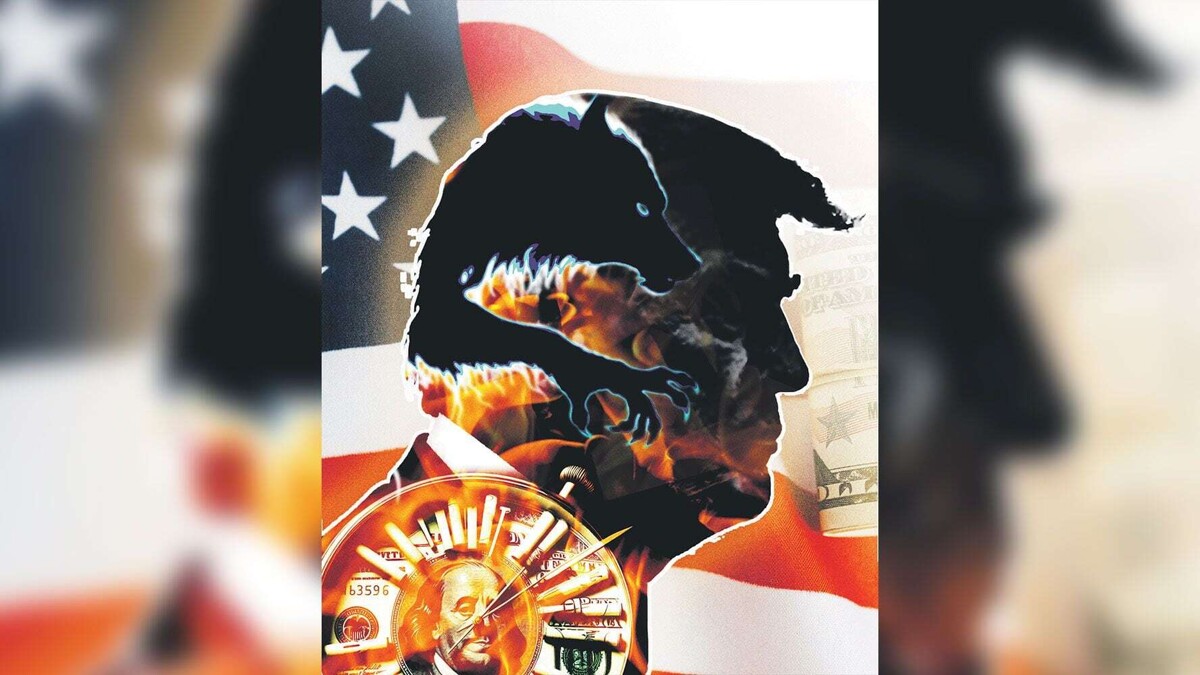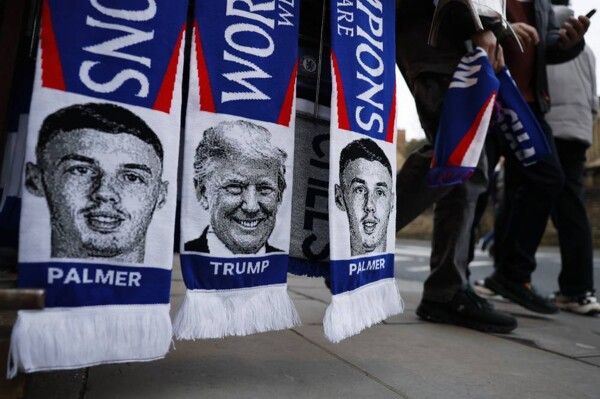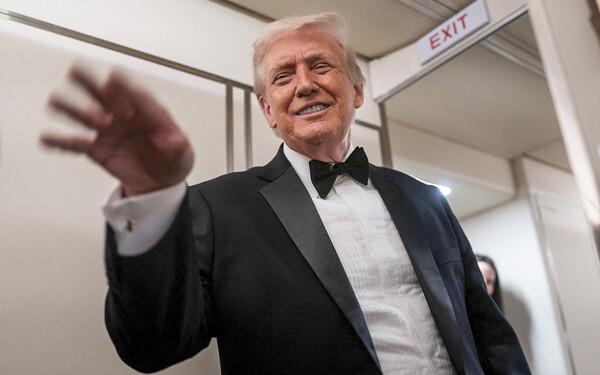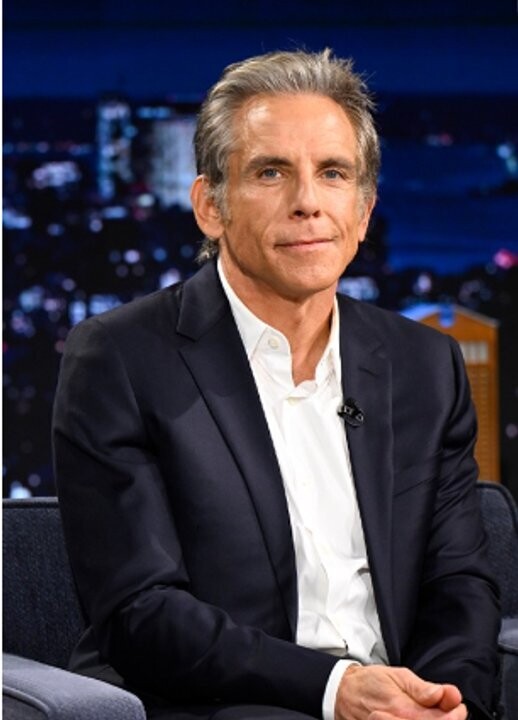
Security, understood in its most basic sense as the protection of oneself and one's belongings, no longer feels as guaranteed as before. For a long time, the term "banana republic" has been associated with the lack of political stability and distrust in a country's institutions. Currently, uncertainty has replaced predictability, and institutionalism seems to have yielded to the unpredictability embodied in a single leader.
President Donald Trump has implemented various strategies since his victory on November 5 to consolidate his power and change the global perception of his country. In a world where rules have been replaced by improvisation, fear not only controls but can trigger uncontrollable change. Meanwhile, the rest of the world watches and cautiously awaits the next move.
The concept of "banana republic" goes beyond a label; it is a warning about the risks of doing business or establishing relationships with unpredictable governments. The current strategy seems focused on instilling fear and apprehension to maintain control. Uncertainty has become the norm, turning global politics into a survival game where stability is an increasingly difficult luxury to attain.
Trump's administration has generated controversy both in legal battles and in the persecution of political opponents. Despite its flaws and controversies, Trump seeks to prove that he is better than his predecessors. His governing style has been questioned not only by the opposition but also by allied sectors. In a world where concepts like democracy and institutionalism have become obsolete, it is difficult to identify which countries truly represent these values.
On the other hand, while Russia appears unafraid, Trump argues for the security of the United States in his annual military spending. However, pushing people too hard between peace and war can lead to a revolution against him. Trump's strategy remains to generate uncertainty and divert attention towards him as the leader capable of confronting a corrupt system.
Ultimately, the combination of fear and hope presents itself as the ideal formula for maintaining control. Trump has maintained an unyielding rhetoric appealing to the narrative of persecution and victimization to strengthen his support base. The disclosure of information on sensitive matters such as the assassination of Kennedy or cases of exploitation and pedophilia can be interpreted as a strategy to maintain power and influence.














